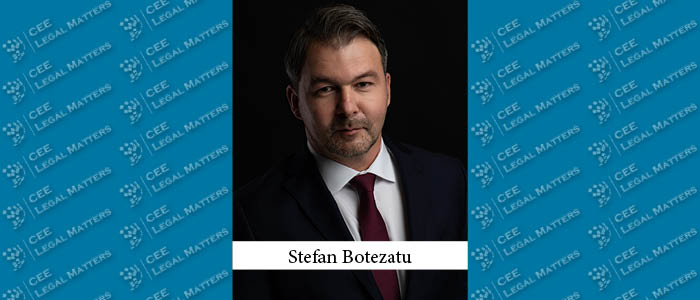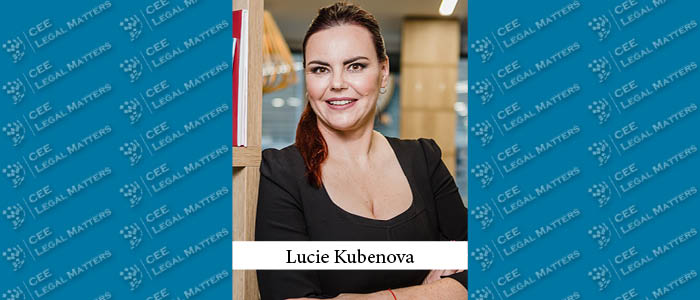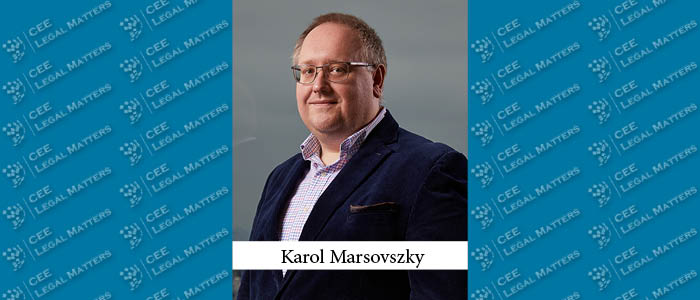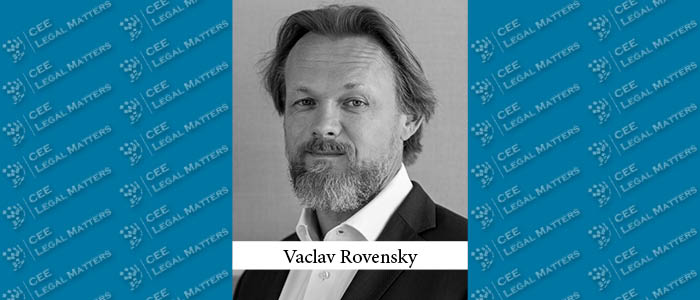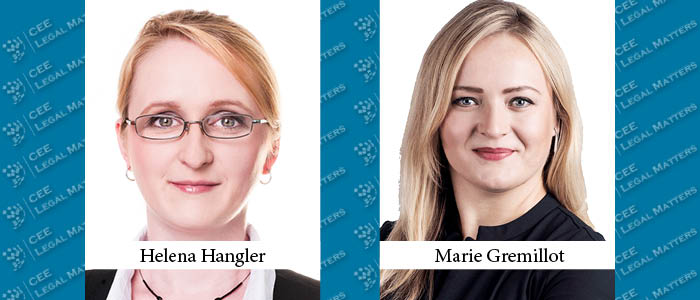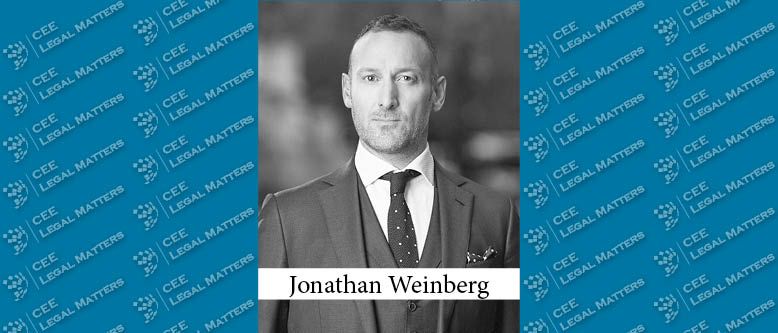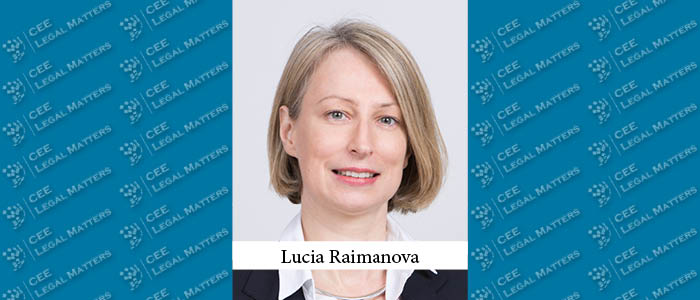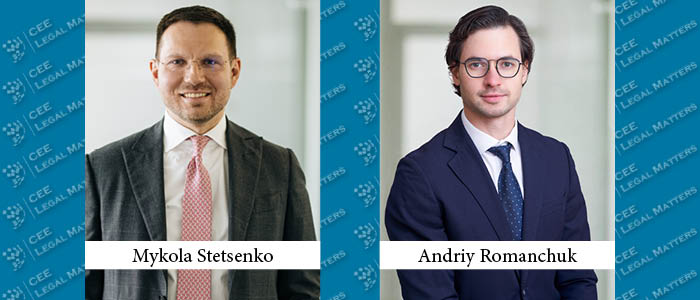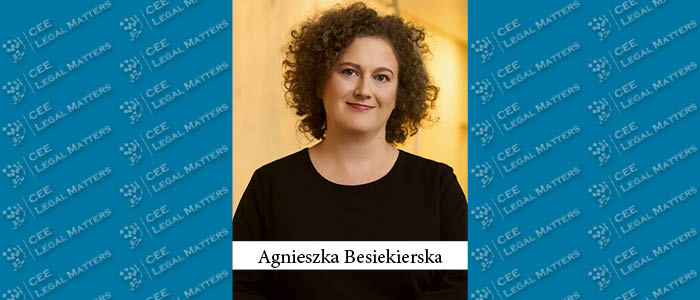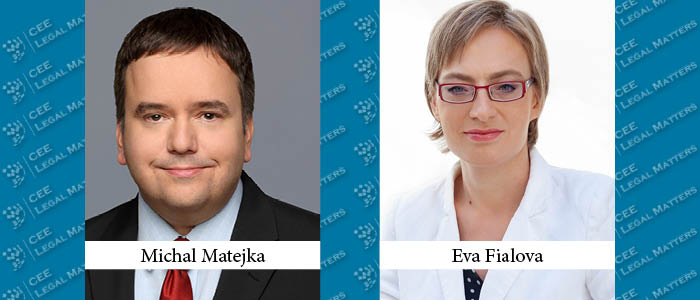Welcome to the captivating field of lawyering in Central and Eastern Europe (CEE), where challenges and opportunities intertwine in an ever-changing landscape. With over 24 years of experience, I have had a front-row seat to witness the remarkable journey of the legal profession in this region. In this article, I’ll share my personal reflections on lawyering in CEE, discussing its progress, setbacks, and the exciting trends that have shaped its course.
Navigating Hardships: When Things Go Awry
At the CEE Legal Matters GC Summit in Istanbul, legal experts from across the region and beyond tackled the importance of crisis management – even when nothing is burning. Summit attendees were briefed on how companies can navigate gray areas, manage global supply chain disruptions, and, overall, be prepared for whatever comes their way.
Beyond Banks: Non-Banking Financial Landscape in CEE
Tuca Zbarcea & Asociatii Partner Gabriela Anton, Gecic Law Counsel Miodrag Jevtic, ACI Partners Head of Banking/Finance Marina Zanoga, Avellum Managing Partner Mykola Stetsenko, NazaIi Tax & Legal Partner Nilay Goker Duran, PRK Partners Senior Attorney-at-Law Norbert Hink, and Schoenherr Bulgaria Local Partner Tsvetan Krumov look at how the financial services landscape in the CEE region has been shifting, as local non-banking financial institutions (NBFIs) are gradually gaining ground in an area historically dominated by the banking sector.
The Corner Office: The Summer Slowdown
In The Corner Office, we ask Managing Partners at law firms across Central and Eastern Europe about their backgrounds, strategies, and responsibilities. As the summer is likely to bring a brief lull, this time we asked: How do you tend to use the general downtime during the month of August?
CEELM Top 10: Most-Read Interviews
The CEELM Top 10 series looks back over the past ten years and celebrates the milestones we have achieved together. The list below highlights the most-read interviews, with a short description of each.
ESG Takes Center Stage in Shaping the Czech Real Estate Market
With ESG having been a buzzword in the Czech real estate market for a few years now, Clifford Chance Partner Emil Holub, Kocian Solc Balastik Partner Jiri Hornik, VIDD Partner Ondrej Hampl, Taylor Wessing Counsel Radka Nenickova, and Act Legal Czech Republic Partner Tomas Slaby look at how ESG principles are being applied in practice and in what areas there is still room for improvement.
Inside Insight: Interview with Lucie Kubenova of Pfizer
Pfizer Eastern Europe Cluster Legal Lead and Legal Director Lucie Kubenova talks about her career leading to her current role and managing her team at Pfizer.
Inside Insight: Interview with Karol Marsovszky of Skoda Group
Skoda Group General Legal Counsel Karol Marsovszky talks about the Skoda Group’s legal team and what shapes his in-house team’s workload.
ESG: The Time to Prepare is Now!
The impact and perception of ESG considerations in the CEE region, and specifically in the Czech Republic, is still in the early stages of its evolutionary path, compared to, say, the U.K., the U.S., or larger Western European economies. There is certain skepticism and uncertainty as to what this new trendy acronym means and if, at the end of the day, it will really impact a Czech industrial family business, a hotel, or a high-tech start-up. ESG considerations, policies, and metrics are likely to be more familiar (and implemented to a certain degree) to a large Czech company – moreover, when it’s a part of an international corporate group – rather than a smaller Czech enterprise, but of course, there are exceptions to the rule.
New Obligations Related to the Introduction of Whistleblowing in the Czech Republic
After several unsuccessful attempts, the Czech Republic has finally adopted a law that introduces institutional protection for whistleblowers in accordance with European legislation. The Whistleblower Protection Act (Act) will come into force on August 1, 2023.
Know Your Lawyer: Jonathan Weinberg of White & Case
An in-depth look at Jonathan Weinberg of White & Case covering his career path, education, and top projects as a lawyer as well as a few insights about him as a manager at work and as a person outside the office.
The Ties That Bind: Czech-Slovak Legal Links
The relationship between the Czech Republic and Slovakia is forged on a shared history and close economic ties. As the two countries maintain strong trade relations and extensive cross-border business activities, legal firms have recognized the need to establish a presence in both jurisdictions. Havel & Partners Managing Partner Jaroslav Havel, BPV Braun Partners Managing Partner Arthur Braun, and Eversheds Sutherland Managing Partner Bernhard Hager talk about the ties that bind the two legal landscapes.
Still In High Gear: Slovakia’s Automotive Sector
Despite concerns over automotive suppliers relocating due to geopolitical tensions, the automotive sector in Slovakia has remained resilient. The sector continues to be the backbone of the economy, with tax revenues and employment surpassing other industries, although challenges do exist. Ruzicka & Partners Managing Partner Jaroslav Ruzicka, Wolf Theiss Counsel and Head of Corporate/M&A Bruno Stefanik, and Cechova & Partners Head of Automotive Practice Michal Simunic take a closer look at the status of the sector.
Know Your Lawyer: Lucia Raimanova of Allen & Overy
An in-depth look at Lucia Raimanova of Allen & Overy covering her career path, education, and top projects as a lawyer as well as a few insights about her as a manager at work and as a person outside the office.
Ukraine: Building Up The Defense Tech Sector in Ukraine
Since the onset of the Russian invasion in 2014, and particularly since the full-scale invasion that began on February 24, 2022, Ukraine has found itself in the epicenter of a new and challenging reality. This ongoing conflict has sparked a remarkable surge in Ukraine’s defense technology sector.
Lithuania: AI Act. When?
More than two years ago, in April 2021, the European Commission presented its long-awaited proposal to regulate the use of artificial intelligence (AI) in Europe. AI is a rapidly developing group of technologies. Today, there is little doubt that these technologies have the potential to bring (and are already bringing) enormous economic and societal benefits across a wide range of industries and social activities. However, in the absence of legal regulation, these technologies can also be abused, with particularly severe consequences for both individuals and society.
Poland: 5G Auction Announced Once Again. Cybersecurity Issues Still Unresolved.
On June 22, 2023, the Polish telecommunications regulator (the President of UKE) announced an auction of 3,6 GHZ frequencies intended for the 5G network. The auction will consist of a few phases, including submissions of initial bids, a formal assessment, trial auctions, auctions, and reservations of frequencies. It is expected that the auction will be settled this year. Despite the announced plans, the auction is affected by significant cybersecurity issues which have yet to be resolved.
Czech Republic: Cybersecurity – Czech Businesses Are Getting Ready for NIS 2
Cybersecurity is trending in Czechia again not only because of recent large-scale cyber-attacks targeting important institutions such as hospitals, the Czech public radio, or the national highway directorate (resulting in some of its systems being unavailable for several months) but also due to legislative developments. Specifically, cybersecurity is also making headlines as it is time for many Czech businesses to get ready for the NIS 2 Directive (Directive (EU) 2022/2555 of the European Parliament and of the Council of 14 December 2022 on measures for a high common level of cybersecurity across the Union).

